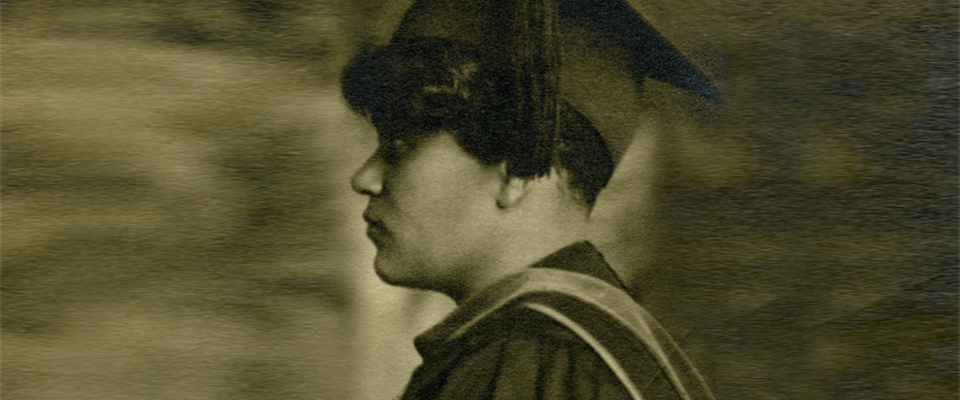In the early 20th century, Berkeley Law was considered a leader in legal education for women, as the school has admitted female students since its inception in 1894. However, the barriers women faced persisted, decades after the law school’s founding. Well into the 1960s, each Berkeley Law class included about only one or two women.
There was tremendous pressure for female law students to prove themselves. In the 1920s, it was common for female students to drop out if their grades were not extraordinary. In a time when sexism was rampant, many women felt pressure to outperform their male counterparts in order to even be seen as a qualified job candidate.
In a time when sexism was rampant, many women felt pressure to outperform their male counterparts in order to even be seen as a qualified job candidate.
Despite these hurdles, Annie Virginia Stephens Coker ’24, J.D. ’29 could not be deterred. She became the first Black woman to not only graduate from Berkeley Law, but also the first Black female attorney in California.
Annie Coker (then Annie Stephens) first attended Berkeley as an undergraduate and majored in legal studies. After graduating in 1924, Coker’s father encouraged her to attend Berkeley Law. She was admitted into a class of 47 students and was one of two women in her class. Coker graduated in 1929 and was admitted to the State Bar of California that same year, making her the first African American woman to do so.
Although Coker overcame the challenge of graduating from Berkeley Law as a woman in the 1920s, she still faced other obstacles as a person of color entering law. As reported by the Charles Houston Bar Association, a nonprofit comprised of legal practitioners who work to address the unique challenges facing the African American community, African American lawyers in the early 20th century faced systemic racism. Neither law firms nor the government would hire Black attorneys, so many set up their own private practices instead. Perhaps this was one reason why Coker moved to Virginia and established her practice there.
After nearly a decade of private practice, Coker returned to California in 1939 and began working at the State Office of Legislative Counsel in Sacramento. She began as a junior deputy legislative counsel and worked up to head of the Indexing Section, and was responsible for compiling all state codes, keeping them current, indexing all bills pending before the legislature, and providing legal opinions. According to her colleagues, Coker worked tirelessly until her retirement in 1966. After 27 years of public service, Coker received distinction as the attorney with the most longevity at the State Office Legislative Counsel.
Coker’s tenacity enabled her to become the first Black female attorney in California and pave the way for other women of color in law. At a time when there were barely two women in an entire class of students at Berkeley Law, and many dropped out, Coker persevered and became a pioneer.
Today, Berkeley Law classes look significantly different than those 100 years ago. The class of 2022 is comprised of 60% women and 40% people of color. Coker should be recognized not only for her contributions to the state of California, but also for inspiring future generations to challenge and work to end systemic barriers.
Image: Portrait of Virginia Stephens Coker, 1929, Stephens Family papers, MS 5, African American Museum & Library at Oakland, Oakland Public Library. Oakland, California.


















